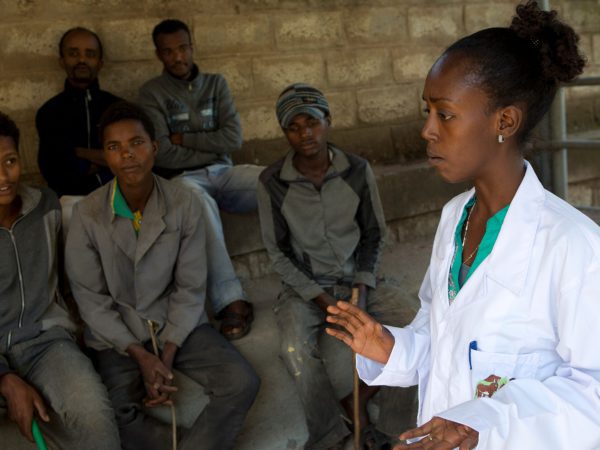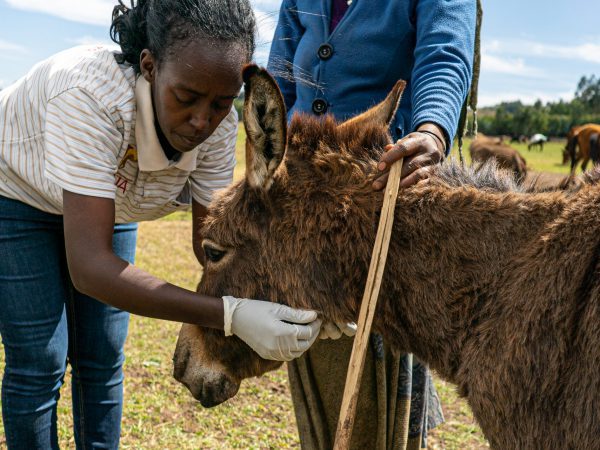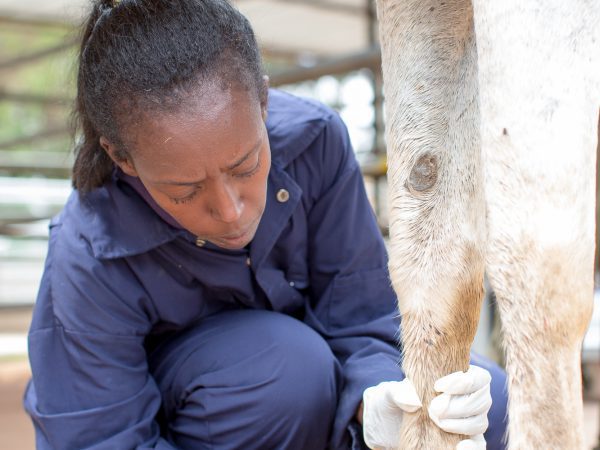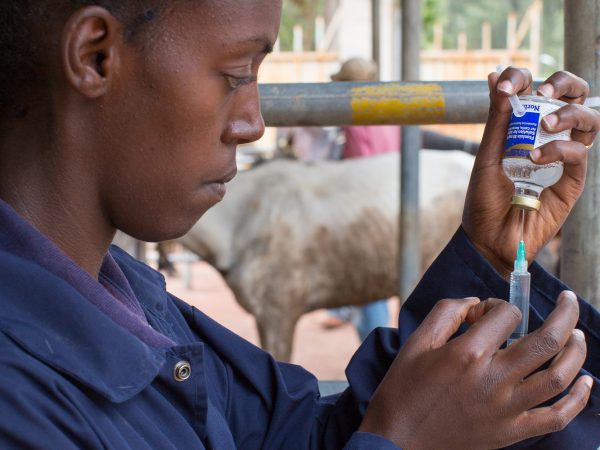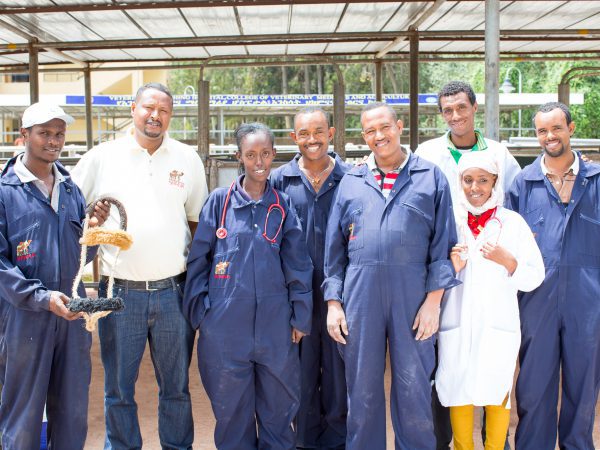You may also be interested in
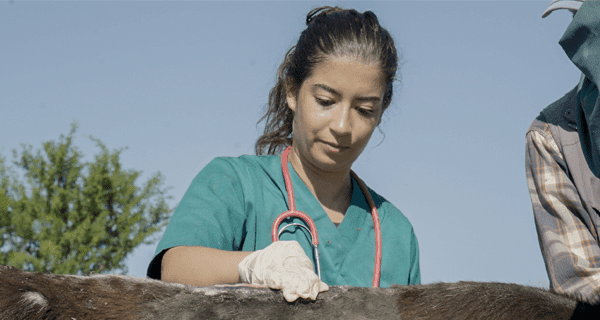
A day in the life: Sayma
Each month, we meet a different member of the team to learn about their experience working for SPANA. This month, we meet Sayma, an intern...
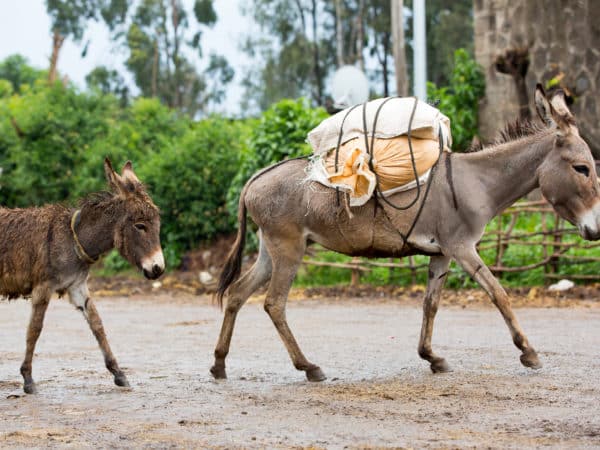
Helping working animals in Ethiopia
Find out more about how SPANA helps working animals in Ethiopia.
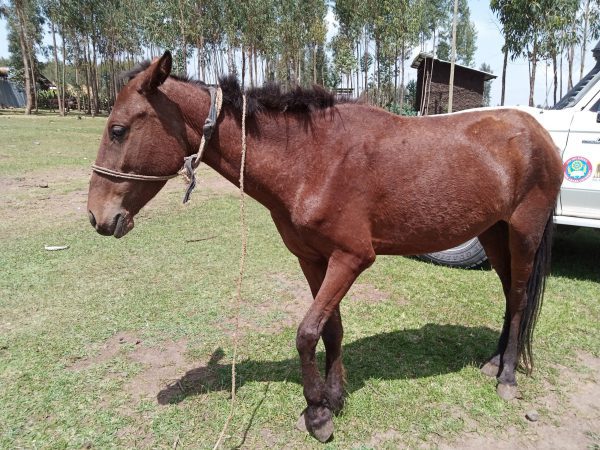
Neru’s mystery limp
In Ethiopia, Neru the horse was finding it difficult to walk and was struggling to put weight on her leg, which was a major cause...

A day in the life: Sayma
Each month, we meet a different member of the team to learn about their experience working for SPANA. This month, we meet Sayma, an intern...

Helping working animals in Ethiopia
Find out more about how SPANA helps working animals in Ethiopia.

Neru’s mystery limp
In Ethiopia, Neru the horse was finding it difficult to walk and was struggling to put weight on her leg, which was a major cause...

